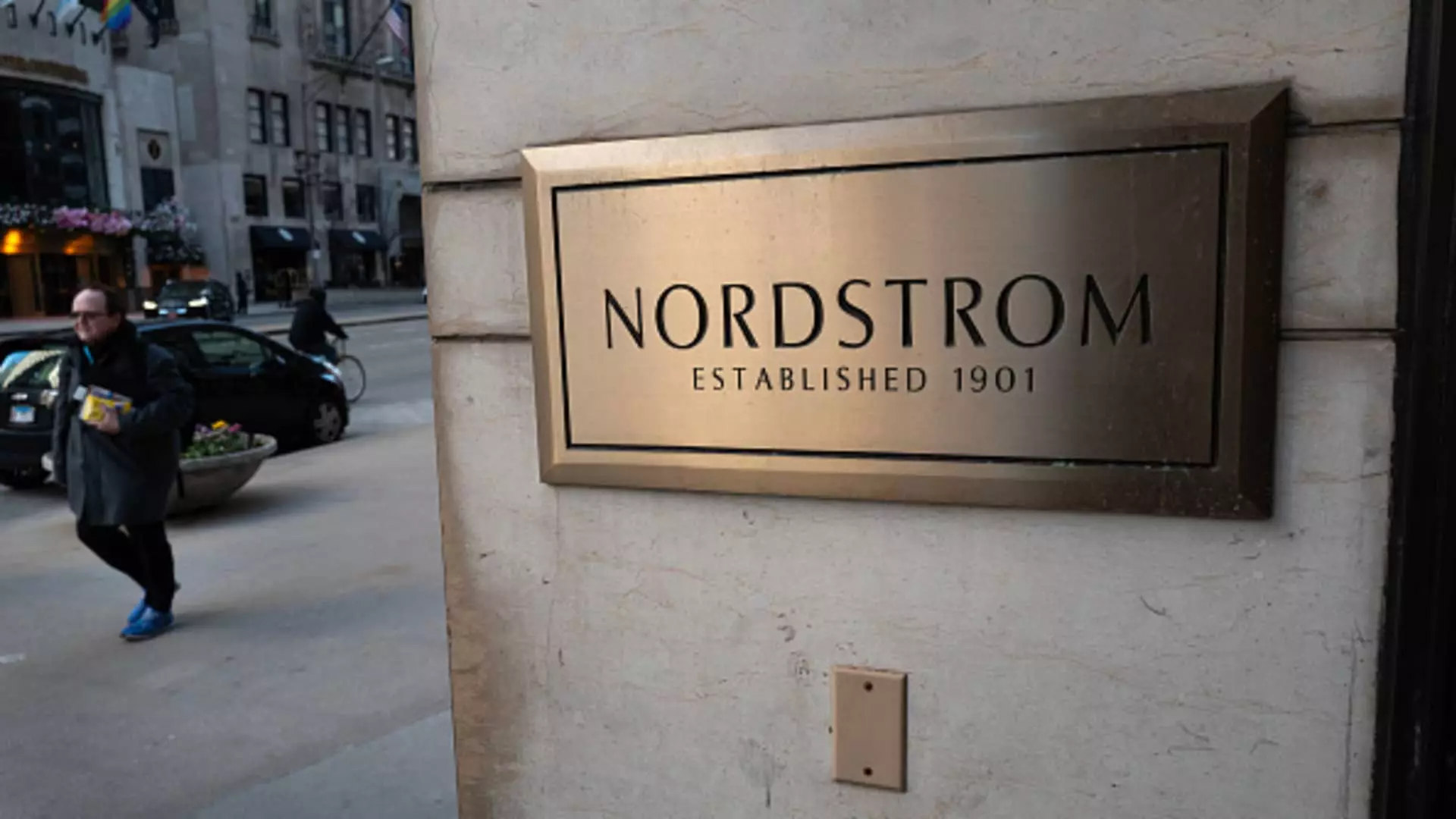In a monumental shift for the retail sector, Nordstrom has announced its plans to transition from a publicly traded entity to a private company. The deal, valued at approximately $6.25 billion, involves a collaboration between Nordstrom’s founding family and El Puerto de Liverpool, a prominent Mexican department store chain. This strategic buyout not only underscores the confidence the Nordstrom family holds in their brand but also represents a bold new direction amid a challenging retail landscape. The transaction has gained unanimous approval from the company’s board of directors, and is expected to be finalized in the first half of 2025.
Under the new ownership structure, the Nordstrom family will retain a controlling interest in the business, holding 50.1% of shares, while El Puerto de Liverpool will manage the remaining 49.9%. Common shareholders are set to receive $24.25 in cash for each share they own, providing a lucrative exit for investors at a time when Nordstrom’s stock has exhibited volatility. The news has prompted a mixed market reaction, evidenced by a slight dip in shares during early trading.
CEO Erik Nordstrom expressed optimism regarding this pivotal moment, highlighting the company’s century-long commitment to customer satisfaction and the desire to adapt to evolving market conditions. The statement conveys a sense of renewed vigor as Nordstrom plans to explore new growth opportunities in a less constrained private environment. The emphasis on longevity signals a strategic pivot, potentially empowering the retailer to invest more heavily in areas that resonate with customers.
Nordstrom’s previous attempts to go private showcased a long-standing interest in pursuing a stabilized foundation away from the pressures of public market expectations. An earlier effort in 2018 failed to materialize, but recent initiatives, including a proposal of $23 per share in September, have re-energized discussions around privatization. The renewed interest seems to align with the company’s strong sales performance in the past fiscal quarter, notwithstanding cautionary forecasts regarding the impending holiday shopping season.
Even as Nordstrom showcases resilience, the broader retail environment has presented formidable challenges. Retail giants such as Walmart and Target have indicated changing consumer behavior, where shoppers are becoming increasingly discerning about discretionary spending. This shift highlights a critical need for Nordstrom to innovate and adapt its offerings to maintain competitiveness in a global market facing inflationary pressures.
The founding family and El Puerto de Liverpool bring a unique strategic partnership that could potentially augment Nordstrom’s brand strength. The later operates multiple successful department store formats and a network of shopping centers across Mexico—insight and expertise that may bolster Nordstrom’s growth initiatives.
As Nordstrom embarks on this significant transition to private ownership, the outlook combines both potential and uncertainty. The store’s transformation under family leadership paired with international collaboration could pave the way for revitalization. However, actualizing this goal will hinge on strategic decisions made in response to consumer trends and market fluctuations in the months and years to come.


Leave a Reply